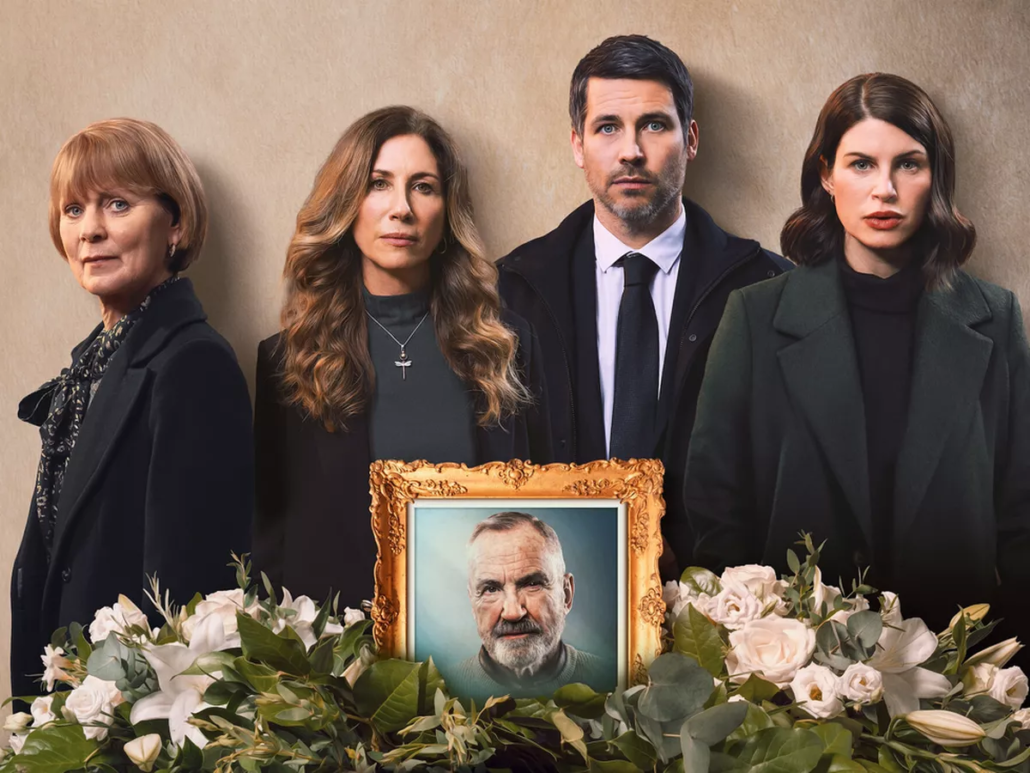The Inheritance
New TV drama puts spotlight on protecting your inheritance
Channel 5’s new drama, The Inheritance, which started last night is set to be one of the TV hits of the Autumn. With an all-star cast including the actors Larry Lamb and Gaynor Faye, Channel 5 says: “Secrets are exploded, relationships ripped apart, and lives lost as the siblings try desperately to claw back their inheritance and make sense of what is happening around them, asking the question: Is blood really thicker than water?”

The subject of inheritance, and the likelihood of another family battle, has also been in the news following the death of the former Harrods tycoon Mohamed Al Fayed. Reports have suggested the scene is set for a Succession-style fight for the 94-year-old businessman’s £1.7billion empire involving his second wife and his four surviving children.
While the amount of money, assets and complexity surrounding the above may be greater than the norm, a lot of the issues are the same.
This is particularly the case when people have children from previous relationships and the first to die leaves everything to their new partner.
The new partner then rewrites a will to leave everything to their own children thus disinheriting the first spouse’s children. People often don’t think it will happen to them, but it happens more than you think.
The key to avoiding issues further down the line is to put in place the necessary protections at the outset, the benefits of which we will always explain to clients who come to see us.
This could be a couple embarking on their first marriage or someone setting out on a new relationship following the death of their partner or because of a divorce.
One popular option is to create a Life Interest Trust, something that is written into a will and which allows you to provide future security for particular individuals, such as your spouse and children.
In such a trust, the entitlement to an asset is split into its capital and income elements. One good example of this in action concerns an investment property whereby the capital is the property and the income is the rent received. The person who has the ‘life interest’ is entitled to the income from the property, but once the life interest ends (usually when the ‘life tenant’ dies) the capital passes to the beneficiaries stipulated in your will.
The Wills, Trusts and Estates team at Cullimore Dutton specialise in protecting our clients and pre-planning what may be required in the future, such as a Life Interest Trust, something that is becoming ever more important, not least with the increase in blended families. Putting the right protection in place at the outset of a relationship can help to avoid a lot of unnecessary heartache and bitterness further down the line.
Life Interest Trusts are also commonly used to protect people’s assets from care home fees.
By including a Life Interest Trust in your will, you can ring-fence your share of the property and place this into a Trust, giving your partner a life interest in it.
This means that when you die, your share of the property will not pass to them, but they will still be able to live in the property for the rest of their life, or sell it if required. The deceased’s share will be held in a Trust and can be passed on in line with the terms of your will when your partner dies.
It means that your share of the property should not be used to pay for your partner’s care home fees, but instead is ringfenced for your children or grandchildren.
If you would like a free initial consultation with a member of the Wills & Probate team simply click on the “Speak to Our Experts” button on this page, call us on 01244 729 073 or email info@cullimoredutton.co.uk
Please note: This is not legal advice; it is intended to provide information of general interest about current legal issues.




